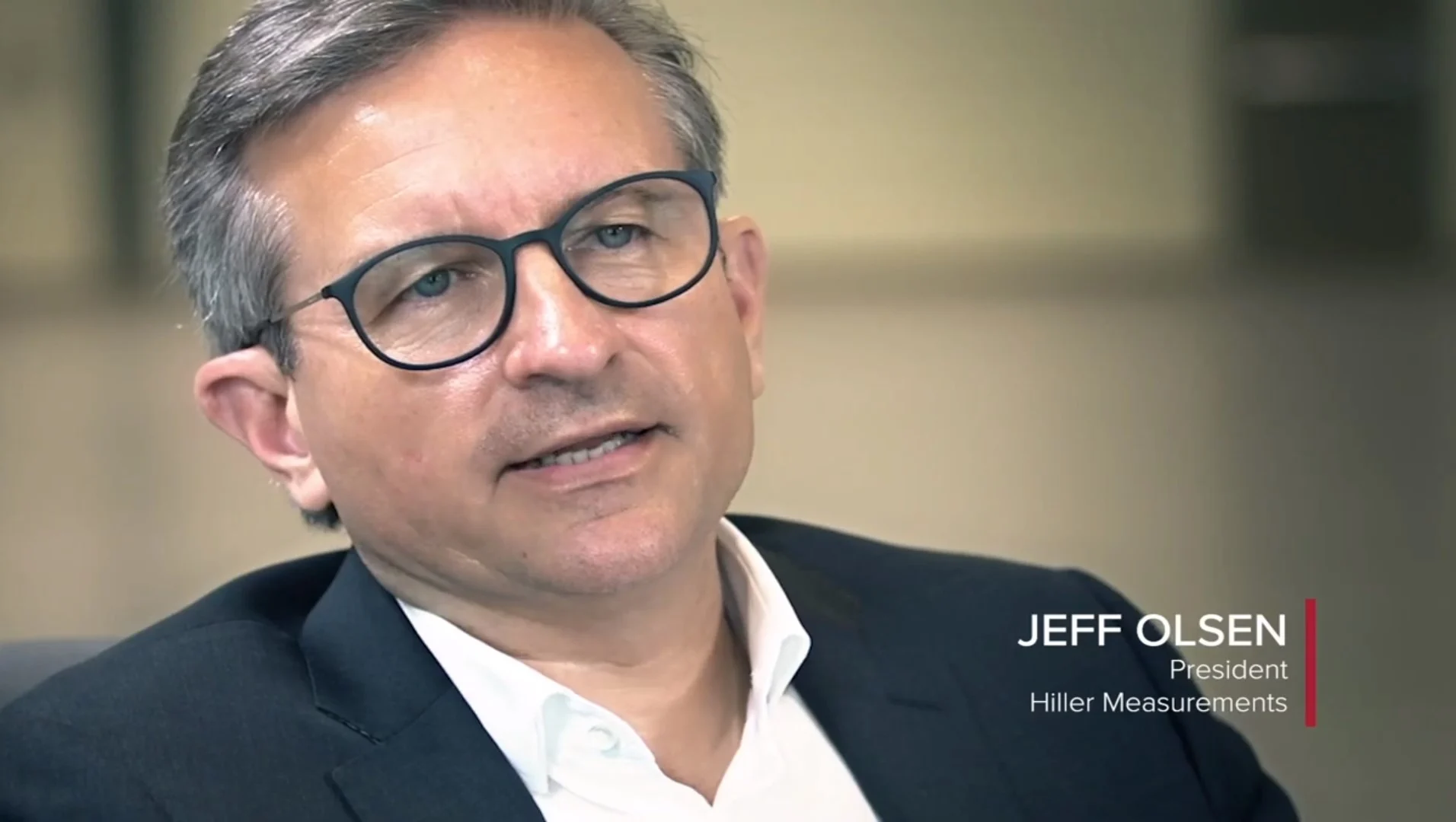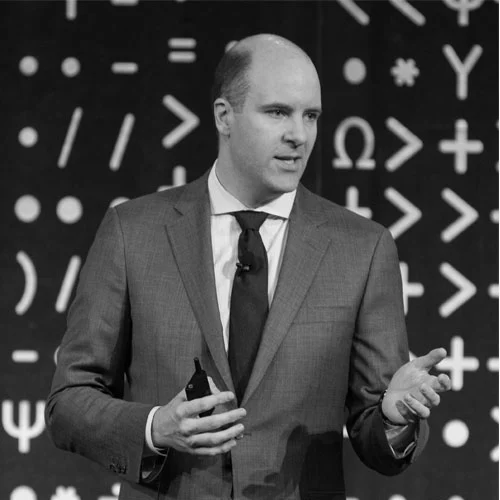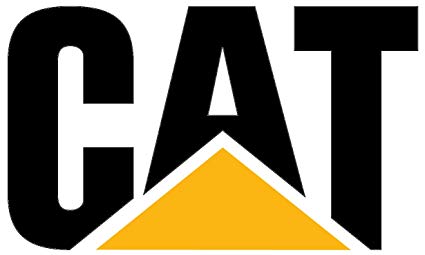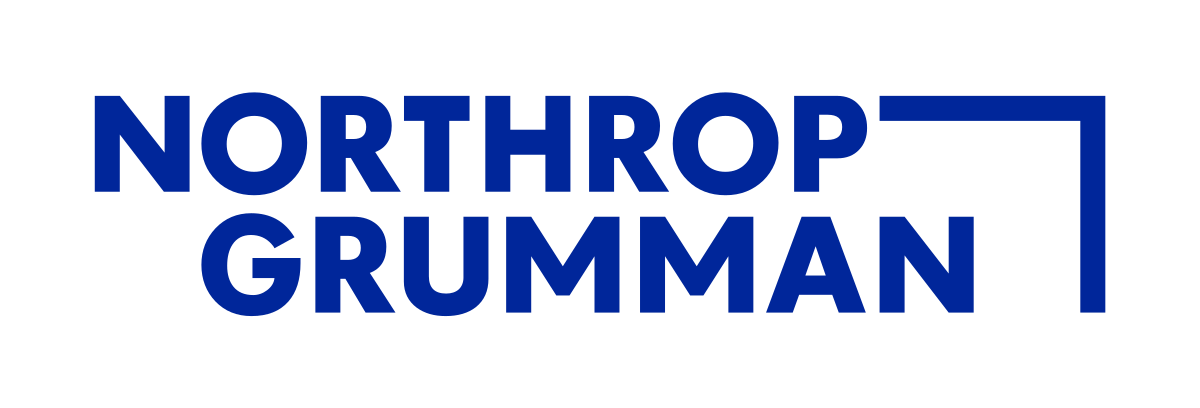Architecture and Systems Engineering: Models and Methods to Manage Complex Systems
Explore state-of-the-art practices in systems engineering with the award-winning four-course online program from MIT xPRO.
Start Date
April 6, 2026

Duration
4-5 weeks per course
(4 courses)

Price
$4,150
or $1,250 per course
WATCH DEMO VIDEO
Get an inside look at this popular online certificate program from MIT's Dr. Bruce Cameron.
By providing your information, you are agreeing to receive periodic information about online programs from MIT related to the content of this program.
Start Date
April 6, 2026
Duration
4-5 weeks per course
(4 courses)
Price
$4,150
or $1,250 per course
Start Date
April 6, 2026
Duration
4-5 weeks per course
(4 courses)
Price
$4,150
or $1,250 per course
MAKE BETTER ENGINEERING DECISIONS
Our world runs on increasingly complex systems. Engineers face a critical challenge in designing, managing, and optimizing these systems for the rapidly changing products of tomorrow.
Leveraging industry case studies and the latest thinking from MIT, this four-course online certificate program explores the newest practices in systems engineering, including how models can enhance system engineering functions and how systems engineering tasks can be augmented with quantitative analysis.
Over 13,000 professionals have taken this program and companies around the globe like Ford, the U.S. Navy, Shell, and Whirlpool are embracing this certification as a central part of their MBSE training and transformation.

COURSES IN THIS PROGRAM

Architecture of Complex Systems
Address changes which induce, propagate, and amplify risk in the increasingly complex products and services they are required to develop.

Models in Engineering
Gain a comprehensive understanding of practical and conceptual modeling considerations.

Model-Based Systems Engineering: Documentation and Analysis
Gain foundational knowledge of MBSE, discuss the management challenges of MBSE, and analyze best practices of MBSE in industry.

Quantitative Methods in Systems Engineering
Gain the knowledge and skills you need to determine when, where, and how to employ quantitative methods in systems engineering.
AFTER THIS PROGRAM, YOU WILL BE ABLE TO
Understand complex systems, the analysis of complex systems, and model management.
Articulate the benefits and challenges of Model-Based Systems Engineering.
Understand the basic principles of verifying and validating models.
Frame systems architecture as a series of decisions, which can be actively sorted, managed, and optimized to suit your organization’s needs.
Develop a comprehensive knowledge of the key aspects of systems engineering.
Provide constructive criticism on the system architecture representations of others, including checking for completeness and consistency.
WHO SHOULD ENROLL
Aerospace, automotive, defense, consumer appliances, and manufacturing industry professionals
Engineers at original equipment manufacturers (OEM)
Any engineering professional, director, or senior manager looking to innovate and optimize their operational, manufacturing, and design systems

MIT FACULTY AND INDUSTRY EXPERTS

Edward F. Crawley
Ford Professor of Engineering, Department of Aeronautics and Astronautics, MIT

Bruce G. Cameron
Director of the System Architecture Lab and Lecturer in System Design Management, MIT

Olivier L. de Weck
Professor of Aeronautics and Astronautics Engineering Systems, MIT, Editor-in-Chief of Systems Engineering, INCOSE Fellow

Dov Dori
Professor, Technion and MIT

Steven Eppinger
General Motors LGO Professor of Management Science, MIT

Donna Rhodes
Director, Systems Engineering Advancement Research Initiative, MIT

Adam Ross
Research Scientist, MIT Systems Engineering Advancement Research Initiative

Warren Hoburg
NASA Astronaut

Greg Hyslop
Chief Technology Officer, Senior Vice President Boeing Engineering, Test & Technology, The Boeing Company

Lt. Col(s) Kate Cantu
Commander, NRO Space Launch Systems Delta, US Space Force

J. Robert Wirthlin
Senior Strategist for Vehicle Systems Engineering General Motors

Roy Primus
Senior Principal Engineer, Combustion Systems Organization, General Electric

Hedley Apperly MSc (hons) MA
VP Solution Management MBSE, Solutions Group, PTC

Barclay Brown
Senior Fellow, AI Research, Collins Aerospace

Matthias Kreimeyer
SVP Product Strategy and Product Management Truck, MAN Truck and Bus

Nat Beuse
Chief Safety Officer, Aurora

Divya Iyer
Manager, System Engineering & Platform Digitalization, Bosch

Dan Yeaw
Senior Technical Manager, Functional Safety, Ford

Joe Lessard
Manager Product Design, Apple
2,425 Ratings on Four Courses
4.13 out of 5 stars
WHAT LEARNERS ARE SAYING
Over 13,000 professionals have taken this program and are now making better engineering decisions
I highly recommend this course to practicing engineering professionals
This course provided me with useful and practical insights to complex system engineering with a focus on architecture and how to apply system thinking on any given project, especially when designing a new system. I highly recommend this course to practicing engineering professionals, especially systems engineers, engineering product owners and system architects.

Yousef Al-Shawesh
Software Specialist, GM
This knowledge will help me open up new opportunities
Understanding the architecture of complex systems will allow me to troubleshoot more effectively, improve existing systems, and communicate better with the team and stakeholders. In terms of future endeavors, this knowledge will help me open up new opportunities and explore different roles within the company.

Hermes Foto
Electrical Engineer, LifeSciences at Festo
I learned how to carry the weight of complex problems effectively
"If I had to borrow one quote to summarize what I gained from this course, it would be the quote by Lou Holtz: "It's not the load that breaks you down, it's the way you carry it". I learned how to "carry" the weight of complex problems effectively by applying "Systems Thinking". Thank you, MIT for offering this program."

Neena Rajan
Engineering Project Manager, Siemens - Healthcare
A formal and structured recap
As engineer, it is a formal and structured recap of what we do day to day. It shows us the structure behind processes and learns us to understand these and possibly design.

Benjamin Ven
Business Developer Systems & EASA Systems CVE
Broad examples and practical activities
"I really appreciated how broad the examples were and the focus on practical activities and information that was broadly relevant outside of the classic industries that employ systems engineers."

Erin Ronayne Hinson
Automation Engineering Manager, Illumina
Gives confidence and procedure to solve any real engineering problem
This really gives confidence and procedure to solve any real engineering problem with system thinking. [The program] provides deep foundation for system engineering and architecture engineering. It guides with step by step methods to solve a complex real time problem with system thinking approach.

Vasanthan Karunanithy
Sr./Staff Systems Architect, Micron Technology
Immediately applicable to projects
“It was a great program with many tangible working tools that were immediately applicable to projects I had going on during my time in the certificate program.”

Michael UY
Senior Principal Engineer, Northrup Grumman
This program has helped me develop system level perspective
"This program has helped me develop the system level perspective necessary to decompose complex system architecture problems and solve them in ways that enable rapid prototyping to reach the optimum."

Ron Aditya
Spacecraft GNC Engineer, Lockheed Martin
Better credibility and reliability about your results and predictions
"Architecture and Systems Engineering Professional Certificate has motivated me about the need of system engineering in our daily work life. No matter in which field you are working, Systems Engineering techniques and principles can be easily applied to have better credibility and reliability about your results and predictions.”

Siddharth Kshirsagar
System Performance Engineer, Cummins Inc.
RESOURCES

Inside MIT xPRO's Systems Engineering Online Certificate Program
MIT's Dr. Bruce Cameron discusses his MIT xPRO online program and answers your questions live.

Architectural Change in Action: What Today’s Engineers Need to Understand
MIT's Dr. Bruce Cameron examines how architectural change is reshaping industries.

The Upskilling Effect: Survey Reveals Career Impact of MIT xPRO's Online Systems Engineering Certificate
A recent survey illustrates how MIT xPRO's Systems Engineering online program can result in major career advancement.

Understanding Model-Based Systems Engineering (MBSE)
MIT's Dr. Bruce Cameron explores the scope and functions of MBSE and briefly addresses his MIT xPRO online program.

How Systems Engineering Helped Whirlpool Become a Global Powerhouse
MIT's Dr. Bruce Cameron sits down with Whirlpool's Fernando Senger to discuss the organization's transformation.

The 3 Steps Ford Took to Improve Its Systems Engineering Approach
To improve efficiency, lower costs, and reduce error, Ford improved its Systems Engineering (SE) approach in three key ways.

How Shell Used Systems Engineering to Improve Efficiency
Shell applied systems engineering principles to their efficiency improvement and energy transition plans in three key ways.

Transforming the U.S. Naval Air Systems Command, with thanks to MIT
NAVAIR is upgrading its acquisition capabilities using an MIT online course in model-based systems engineering.

GM: The Path to an Electric Future
Part of resetting GM's compass toward electric and autonomous vehicles was the shift towards a systems engineering focus.
THE MIT XPRO LEARNING EXPERIENCE
We bring together an innovative pedagogy paired with world class faculty.
LEARN BY DOING
LEARN BY DOING
Practice processes and methods through simulations, assessments, case studies, and tools.
LEARN FROM OTHERS
LEARN FROM OTHERS
Connect with an international community of professionals while working on projects based on real-world examples.
LEARN ON DEMAND
LEARN ON DEMAND
Access all of the content online and watch videos on the go.
REFLECT AND APPLY
REFLECT AND APPLY
Bring your new skills to your organization, through examples from technical work environments and ample prompts for reflection.
DEMONSTRATE YOUR SUCCESS
DEMONSTRATE YOUR SUCCESS
Earn a Professional Certificate and 9 Continuing Education Units (CEUs) from MIT.
LEARN FROM THE BEST
LEARN FROM THE BEST
Gain insights from MIT faculty and industry experts and connect with your course team and faculty over discussion forums and a live webinar.
PARTICIPATING ORGANIZATIONS
Learners from top companies have participated in this program, including the following






















JUSTIFY YOUR PROFESSIONAL DEVELOPMENT
Many companies offer professional development benefits to their employees but sometimes starting the conversation is the hardest part of the process.
Use these talking points, stats, and email template to advocate for your professional development through MIT xPRO's Architecture and Systems Engineering online professional certificate program.

PROPEL YOUR CAREER ON YOUR TERMS
Technology is accelerating at an unprecedented pace causing disruption across all levels of business. Tomorrow’s leaders must demonstrate technical expertise as well as leadership acumen in order to maintain a technical edge over the competition while driving innovation in an ever-changing environment.
MIT uniquely understands this challenge and how to solve it with decades of experience developing technical professionals. MIT xPRO’s online learning programs leverage vetted content from world-renowned experts to make learning accessible anytime, anywhere. Designed using cutting-edge research in the neuroscience of learning, MIT xPRO programs are application focused, helping professionals build their skills on the job.
Embrace change. Enhance your skill set. Keep learning. MIT xPRO is with you each step of the way.